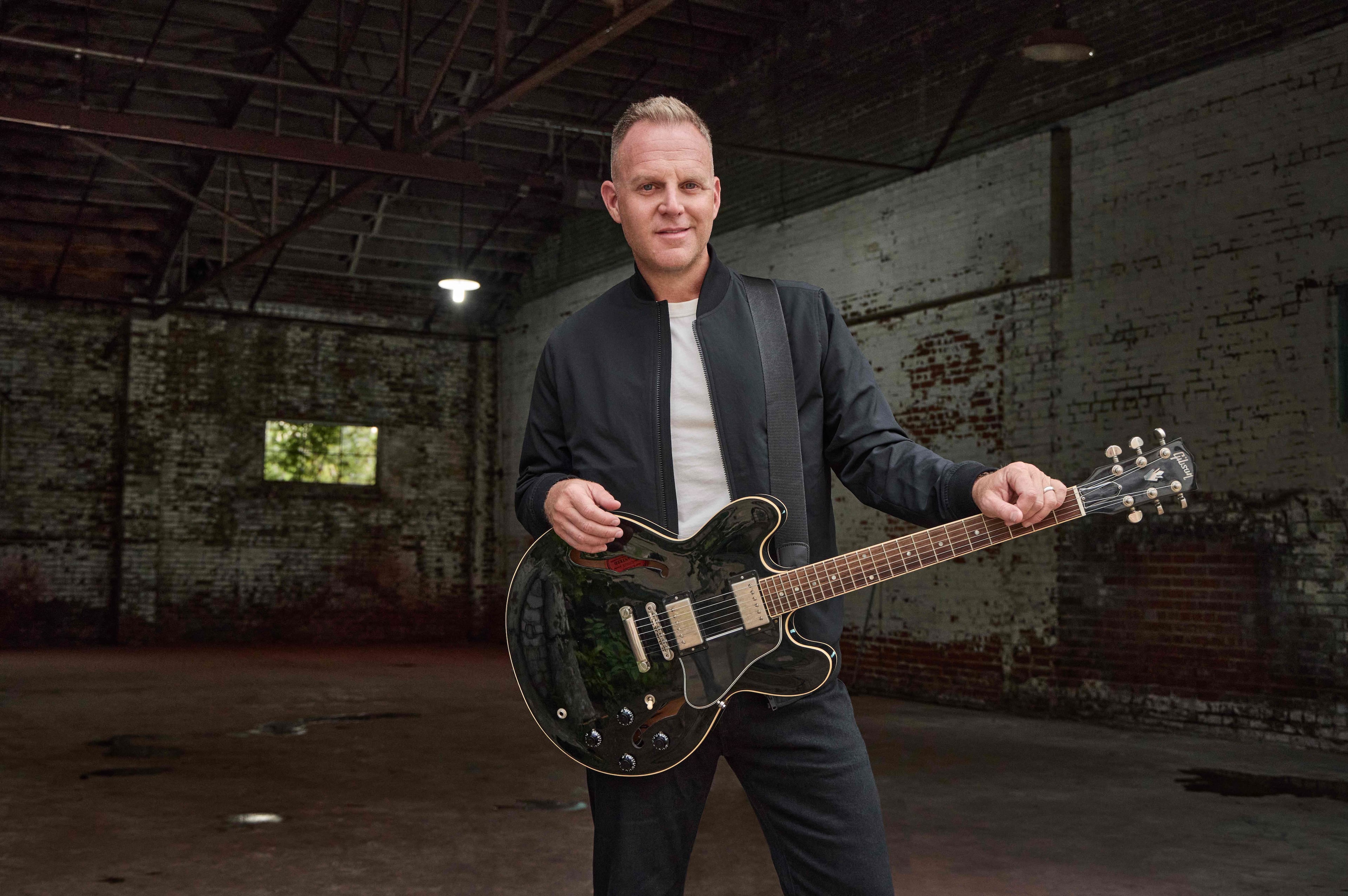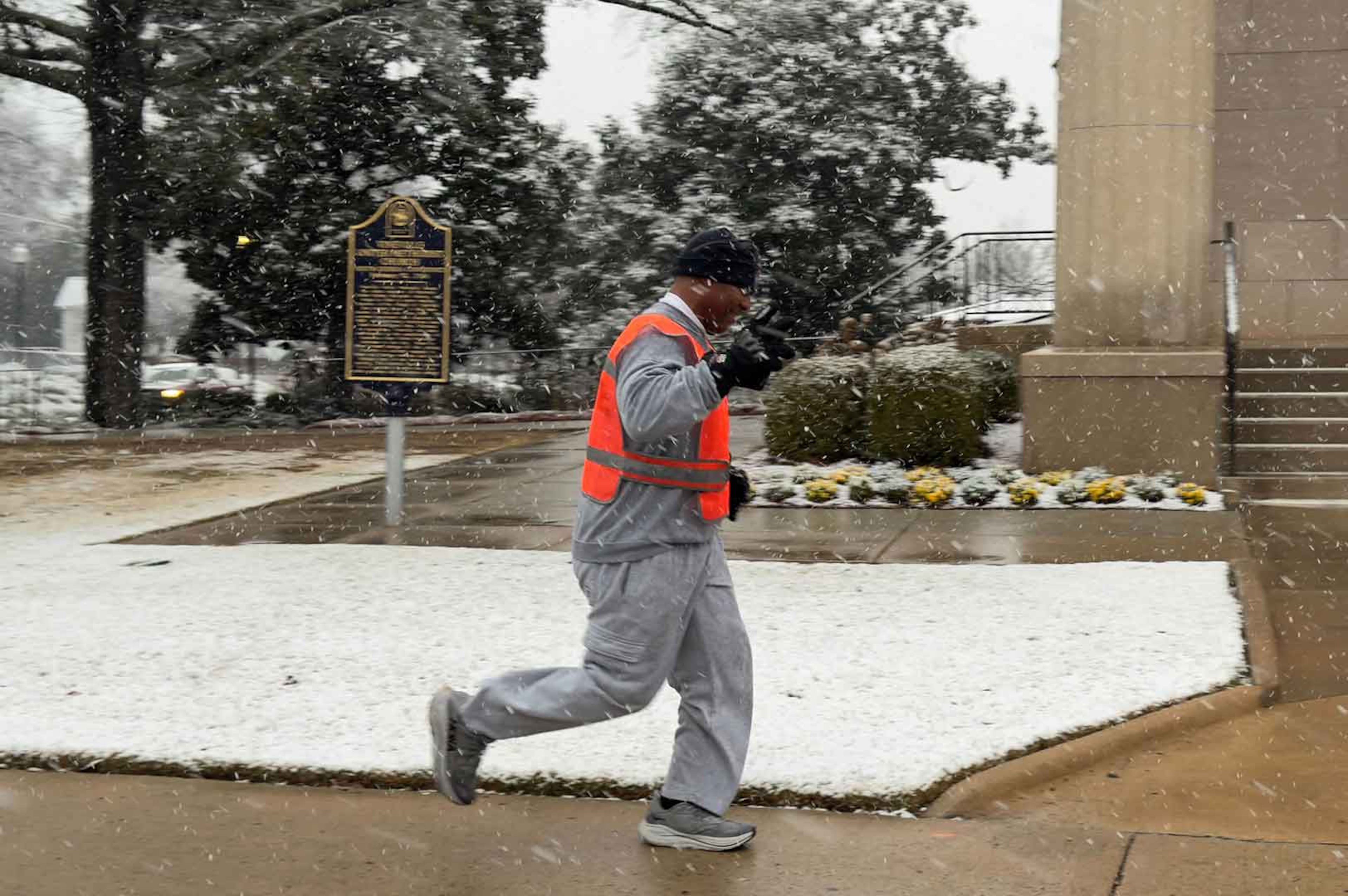A fresh face steps into the Coppola family film business
NEW YORK - Very early in “Palo Alto,” you hear the voice of a judge issuing a teenager’s probation guidelines. Although you never see the adjudicator, the uncredited speaker is clearly Francis Ford Coppola. A few minutes later you can spot, affixed to the bedroom wall of one teenage character, a poster for “The Virgin Suicides,” directed by Coppola’s daughter, Sofia. And the “Palo Alto” cast includes Val Kilmer (“Twixt”), Colleen Camp (“Apocalypse Now”) and Don Novello (“New York Stories”), all of whom have appeared in Francis Ford Coppola-directed features.
It’s easy to conclude that Gia Coppola, the writer-director of “Palo Alto” and Francis’ granddaughter, swims in the very same waters as her filmmaking clan. But to dismiss her feature film debut as a collection of family favors is to diminish the accomplishments of the 27-year-old filmmaker. As one trade reviewer put it, “Palo Alto” is “the best feature film directed by someone named Coppola in a number of years.” Other early reviews have largely been equally kind.
After playing at the hallowed festival trifecta of Venice, Telluride and Toronto last fall, “Palo Alto” opens in metro theaters Friday. Loosely based on several entries in James Franco’s 2010 short story collection of the same name (Franco, who attended Palo Alto High School, has a part in the film as a creepy soccer coach and served as a producer), “Palo Alto” is Gia Coppola’s attempt to depict what the director believes many movies get wrong so often: the secret and desperate lives of adolescents.
“Teenagers are really fascinating subjects, and I thought James’ book articulated their emotions really well,” Coppola said over breakfast in Chelsea.
“Palo Alto” focuses on well-off but absently parented high school friends making so many questionable choices involving drugs, alcohol, sex and even driving that the movie plays to parents like something of a horror film.
Coppola ended up making “Palo Alto” as much by accident as design. She had met Franco in Los Angeles, and the two started trading ideas. When she read his collection, it touched a nerve.
“I didn’t have a very good time in high school,” Coppola said, and thought Franco’s stories captured the inarticulate heartache of adolescence.”
Even though she had grown up surrounded by filmmakers, she was intimidated by the idea of directing her first feature. “But James said, ‘Just take the stories you like the most and write a little screenplay,’” Coppola said. So she put together a mini-script, assembled a group of friends and over a few days shot a test short adapted from the three-part story “April.”
“I hated the test. I was so disappointed in it,” Coppola said. She realized she needed to take a more professional approach, and that meant landing financing. Even with her family pedigree, she struggled to raise money. “I didn’t think anybody wanted to finance a movie by someone who had never directed before,” said Coppola.
She knew that money would be a double-edge sword, so she kept her ambitions modest, shooting over 30 days, so as to have more control over the finished film, with Franco’s company, RabbitBandini Productions, financing the film. To cut costs, for April’s bedroom she filmed inside her own childhood bedroom, which her mother had preserved as a time capsule once Coppola went off to college.
“We didn’t have to pay for the location, and it was already dressed - it kept the vibe of the shooting very mellow,” she said. It’s also where you can spot a poster of “The Virgin Suicides.” “That was the perfect movie for me,” she said of Sofia’s 1999 feature debut. She can’t remember whether she had the poster up when she was April’s age, but it made sense that the character also would have liked the film.

